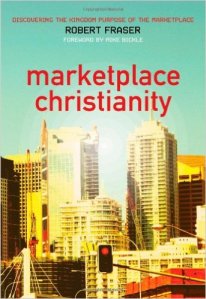In what age has man not been obsessed with money, sex and power? Probably none. Which is why this topic will need to be addressed in every age. John Piper has decided to tackle this issue. But he does so in a very even-handled way.
 First Piper wants readers to know that money, sex and power are not three separate issues that needs to be addressed individually. Rather they are issues that come out from the same root: sin.
First Piper wants readers to know that money, sex and power are not three separate issues that needs to be addressed individually. Rather they are issues that come out from the same root: sin.
This then becomes the focal point which Piper then tackles. This is not to say that Piper neglects the three topics mentioned. Rather he does not address them as entirely separate entities.
Piper then combs through the bible and see what the bible has to say about each of these topics. After giving readers a big overview, he then leads readers to see how each of them leads us away from God when we put them in the centre of our lives.
Piper shows readers how sex, money and power leads us to live idolatrous lives and why we should not worship them as gods. Piper then gives readers the correct perspective to view all these gifts that God has given to us. When God is placed at the centre and sex, power and money in their respective place, God is honoured and man is free to enjoy these goodness that God has given to us.
This will be a good general book for all readers. Primarily, this will apply for those who are starting to work or marry, where these 3 topics will be directly relevant to their lives. For those who are not, this will book will still serve as a helpful guide before you confront these issues in future.
Rating: 4.25 / 5
If you’re interested, you can get it here and here (free international shipping), kindle.
Disclaimer: I was given this book free from the publisher in exchange for an honest review








